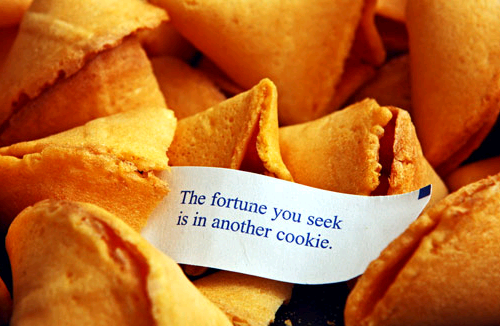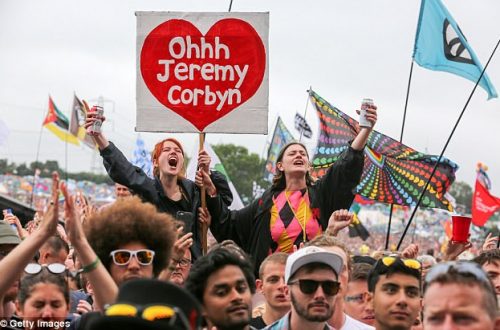Sunny Hundal of Asians in Media has published an interesting article on the aftermath of the Observer and Panorama investigations into the politics of the Muslim Council of Britain.
His conclusion is that, as a consequence of the documentary, ” the window of dissent on Muslim leadership has been closed even further“, as religious-political organisations have put their differences aside in order to present a united front in a time of crisis:
In the world of Asian religious organisations, only people of the same faith are allowed to criticise each other, albeit quietly. Go too far or become too open and suddenly you get accused of trying to disunite everyone or, in the case of the Muslim community, being part of the ‘Zionist conspiracy’.
The Panorama and Observer investigations inevitably made most organisations close ranks because they were painted by each organisation as an attack on the Muslim community as a whole. Since each one wants maximum support and be representative of everyone, there are no dissenting voices.
For example, in the Observer article Abdul-Rehman Malik, contributing editor of Muslim magazine Q-News, is quoted saying: “You cannot be equivocal about innocent people. An innocent person in Tel Aviv is the same as an innocent person in Baghdad or London. The MCB has never clarified any of the critical issues and now the chickens are coming home to roost.”
He could have been referring to Sir Sacranie’s decision to attend the funeral of the former head of the terrorist organisation Hamas, but not the Holocaust memorial event. Either way, the MCB in response to the Observer dismissed him as someone “from the tiny circulation and very sporadically published magazine, Q-News.”
That is what happens when you dare to raise your voice against the MCB.
The opposite happened with Hizb ut-Tahrir. The MCB and MPAC have criticised the organisation for years and ensured it was banned from most Mosques. But since the government wanted it banned, the three have become best friends because once again it was painted as an attack on all Muslims.
The reasoning by all religious organisations is simple: “Do you think this organisation wants the best for Hindus/Sikhs/Muslims? If yes, then it is your duty to support it!”
We British Asians who occupy the middle ground, who do not want to be associated with any religious organisation, least of all be represented by them, are left in the lurch.
This is parimarily because the government, the media and other organisations have convinced themselves for too long that we are represented by religious leaders, so there are few alternative voices and little ground for debate or discussion.
Sunny Hundal is right to point out that the immediate effect of the focus on the unsavoury politics of religious-cultural-political organisations is the closing of ranks between activists who were previously engaged in low level interfactional feuding.
However, the closing of ranks is itself a symptom of the intrinsic problem of a clerically-led politics. It is, I think, unlikely to strengthen those organisations in the medium and long term: precisely because extremist ideologies thrive in the darkness.
The searchlight which has been directed at the politically extreme fringe of religious politics is also a spur to the those who want to surmount and surpass that species of narrow religious-cultural politics. “British Asians who occupy the middle ground” may be “left in the lurch”, but only temporarily. Strategically, the focus on politically extreme nature of religious organisations raises the stock of middle ground opinion as well. Put simply, the media, and its readership – who are not particularly well informed or interested in the political and social middle ground within cultural minority communities – now look to what groups like Asians in Media have to say. A politically liberal muslim friend suddenly found herself doing the rounds of TV stations and newspaper offices, and is speaking to people who previously wouldn’t have been interested in her point of view at all. Q News may indeed have a tiny circulation, but it is more widely talked about than it was a month ago.
Prejudices haven’t so much been reinforced. Rather, a diversity of Asian opinion which hitherto existed in the shadow of media-savvy groups such as Al Muhajiroun has now entered the public discourse.
Also, keep an eye on this new blog.
UPDATE: Butterflies and Wheels have transcribed an interview with Salman Rushdie on last Monday’s Today Programme, in which he makes making a strong argument against faith based politics – and solutions – to the issues faced by cultural communities:
Rushdie: Yeah I think that’s right, but the point I’m trying to make is that even to describe it as ‘the Islamic community’ is in a way to go down the road of communal politics. It’s important to see that for most people of Muslim belief or Muslim origin in this country, they have a range of political and social interests which have nothing to do with whether or not they’re religious, and it’s that ordinary political agenda which needs to emerge amd be concentrated on, rather than this kind of faith-based approach.


